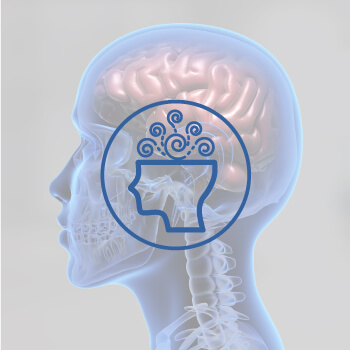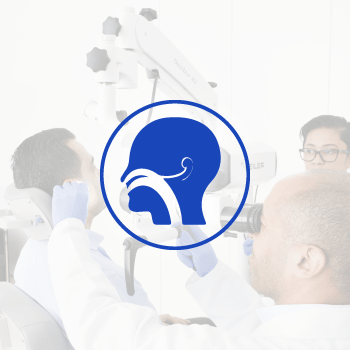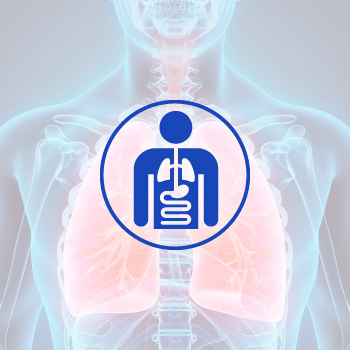Tinnitus and Mental Health
You are experiencing ringing in the ears. And it’s making you feel quite anxious or depressed? Or perhaps you were already feeling a little depressed or anxious before the ringing began.
Tinnitus
Tinnitus is defined as the perception of sound which is unrelated to an external acoustic source. Some sufferers usually describe the noise as “ringing” or various hyperboles such as grinding, whistling, or clicking. In the past, the description of tinnitus was highly dependent on cultural factors or interpreted as sensitivity to the divine. Tinnitus is a widespread distressing symptom affecting 30-40% of the adult population causing significant distress. It is important to note that tinnitus is a symptom, not a disease – reflecting one or more underlying biological abnormalities. Several risk factors including advancing age, hearing loss, and exposure to loud noise have been connected to this condition.
Studies have demonstrated the close association between tinnitus and psychological disorders; the aim of clinical assessment is to determine the underlying factors that led to tinnitus. The diagnosis of tinnitus is largely dependent on a detailed clinical history, physical examination, and possible indicated laboratory investigations. Additionality, many patients with associated psychological distress will require various psychological evaluations in which perceptual, emotional, attentional, and behavioral parameters are considered.
Comorbid psychiatric symptoms and syndromes
Alcohol consumption has been listed as a risk factor for tinnitus, but the majority of results have not been statistically significant. There is a dearth of research on the connection between substance use and tinnitus, and the majority of findings are conflicting. Patients are still advised to refrain from using drugs, including alcohol and tobacco, due to their detrimental effects on overall health.
- Affective disorders: Tinnitus patients have a high prevalence of depression; in fact, a decrease in depression was associated with a decrease in tinnitus.
- Anxiety disorder: Anxiety, like depression, is more common in the tinnitus clinical population.
- Personality disorders: High levels of neuroticism and low levels of extraversion are linked to tinnitus distress, low extraversion, high stress reactions, increased feelings of alienation, deteriorated social closeness, lowered levels of self-control, decreased psychological acceptance, type D personality, and externalized locus of control.
- Psychosis: Tinnitus patients have higher levels of paranoid ideation, psychoticism, and hostility. The presence of tinnitus is determined primarily through self-report. Tinnitus may be confused with auditory hallucinations in a subset of psychiatric patients (with schizophrenia).
- Somatoform disorder: According to World Health Organization findings, 42% of patients with somatization disorder had tinnitus, with autonomic arousal being a common link.
- Cognitive impairment: Tinnitus impairs executive function and attention; on brain speed tests, patients have slower cognitive processing speed and longer reaction times.
- Stress: Emotional exhaustion is a strong predictor of the severity of tinnitus. High stress has the same incidence of tinnitus as occupational noise exposure and some people report that their first awareness of tinnitus coincides with a stressful event such as divorce, accident, surgery, job loss, or illness in the family.
- Sleep: Insomnia is a common complaint among tinnitus patients, especially difficulty falling asleep. Obstructive sleep apnea is a key factor to screen for during a tinnitus evaluation – achieving restorative sleep is a key component of tinnitus management.
- Impact on quality of life/level of distress
- Treatment strategies
It causes distresses that lead to a deterioration in psychological well-being, and it may increase reversibly during times of poor psychological/mental state. Reducing tinnitus intensity has a direct effect on the quality of life of patients. It is interesting to note that tinnitus has a smaller impact on the quality of life of children. Tinnitus is common in children, but they rarely complain about it.
Psychotherapy: Tinnitus treatment is classified as medical or surgical; however, seeking the assistance of a psychologist in parallel is critical for a noticeable improvement. The most researched nonpharmacological treatment is cognitive behavioral therapy (CBT). It is the preferred treatment because it reduces anxiety and improves patients’ quality of life. Mindfulness and meditation lower the stress response state, lowering the distress associated with tinnitus.














 أنقر هنا
أنقر هنا أنقر هنا
أنقر هنا












